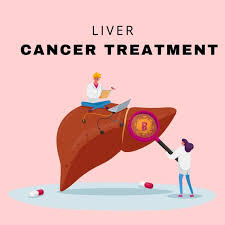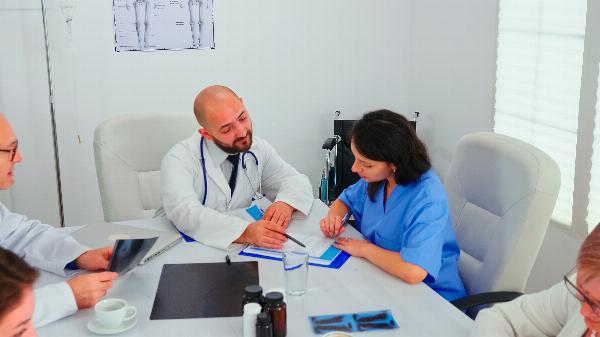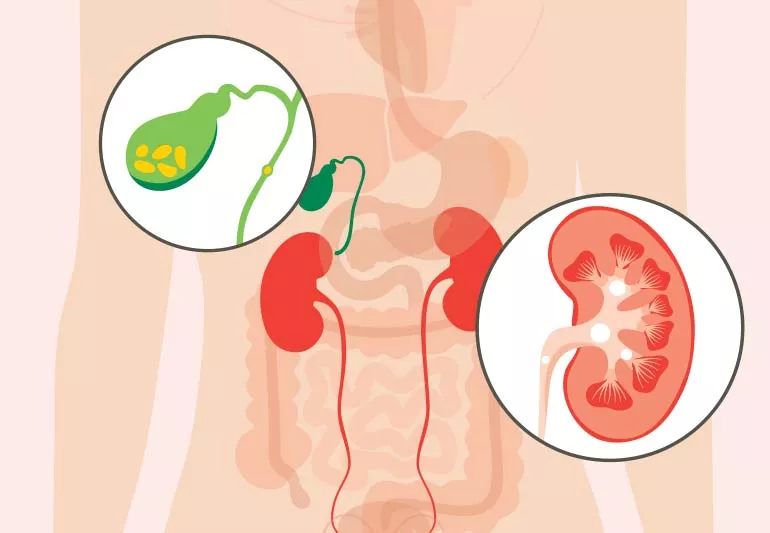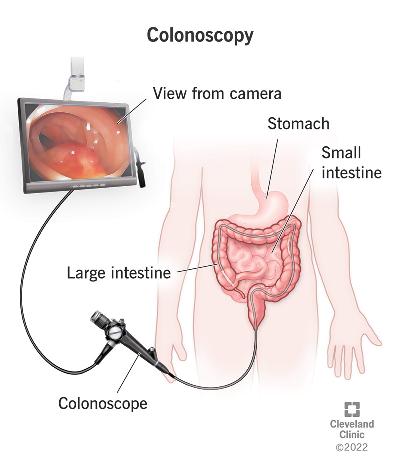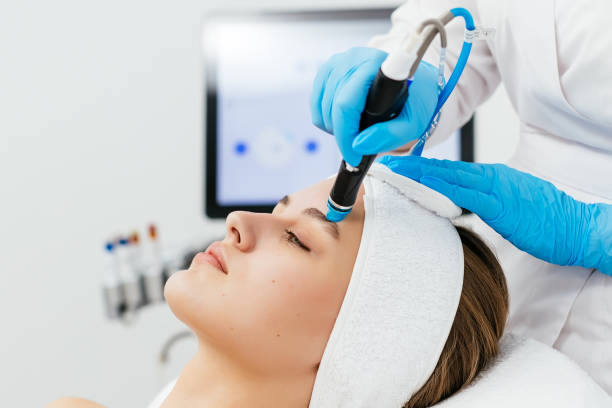Most people associate smoking with cancer, which is a well-known fact. But many are unaware that drinking too much alcohol can also lead to cancer.
Studies have shown that alcohol significantly increases the risk of Gastrointestinal (GI) cancers, which affect various parts of your digestive system such as the oesophagus, stomach, liver, and intestines.
The longer and more frequently you drink, the greater your risk of developing cancer. If you consume alcohol regularly and are having unusual symptoms related to digestion or if you want to learn more about GI cancer, you can seek advice from Surgical Gastroenterologist.
How Does Alcohol Raise Cancer Risk?
The negative effects of alcohol on your body are numerous. It readily enters your cells and can damage your DNA, causing harmful changes, such as:
Tissue Damage
Alcohol can irritate tissues, particularly in your mouth and throat. When these damaged cells attempt to repair themselves, it can lead to DNA alterations that contribute to the development of cancer.
Toxic Chemicals
Once inside your body, alcohol changes into a substance called acetaldehyde. It is a compound that harms DNA within cells and is believed to cause cancer.
Liver Damage
Alcohol and its byproducts can harm your liver, leading to inflammation and scarring. As the liver cells work to repair the damage, they might develop DNA errors that let cancerous cells grow.
Interaction with Harmful Chemicals
Alcohol might aid harmful chemicals, like those in tobacco smoke, in entering cells lining your upper digestive tract more easily. This could be why combining smoking and drinking significantly increases the likelihood of mouth or throat cancers.
Nutrient Absorption
Alcohol might hinder the absorption of nutrients like folate, important for cell health. Heavy drinkers often consume low levels of folate, and this deficiency could play a part in certain cancers.
Hormonal Effects
In women, alcohol can raise estrogen levels, which can contribute to the growth of cancer.
Weight Gain
Excessive alcohol consumption can add extra calories to your diet, leading to weight gain. Being overweight is linked to increased cancer risks.
Women drinking alcohol
Types of cancers associated with alcohol consumption
Some of the cancers linked to alcohol use include:
Oral cancer
Throat cancer
Esophageal cancer
Liver cancer
Pancreatic cancer
Stomach cancer
Colorectal cancer
Breast cancer in women
Gastrointestinal Cancer Risk: How Much is Too Much?
When it comes to cancer risk, even a small amount of alcohol could increase the possibility. It’s not just about how much you drink – even a small amount can be risky. Currently, consuming 100 grams of alcohol per week or less is considered to be safe.
To lower the risk of cancer and other problems linked to alcohol, the CDC advises that you drink moderately. This means having up to one drink a day if you’re a woman and up to two drinks a day if you’re a man.
If you smoke, are overweight, or both, the risk of developing gastrointestinal cancer becomes even higher. So, remember these important factors and be cautious.
What Are The Symptoms of GI Cancer?
Usually, GI cancer shows no signs and symptoms in the early stages. When it reaches an advanced stage, the symptoms that occur are:
Abdominal cramps or pain
Blood in stool or very dark stool
Changes in bowel patterns, like diarrhoea, constipation, or alterations in stool texture or size
Difficulty in swallowing
Digestive issues
Jaundice
Nausea and vomiting
Abdominal swelling
Fatigue, weakness, loss of weight, or reduced appetite
Man consulting a doctor for alcohol related diseases
Usually, doctors can find GI cancers early through screenings, even before any signs show up. That’s why it’s important to talk to a gastroenterologist. They’re experts in these kinds of cancers and can help you stay on top of your health.
If you want to read full article click here https://drdineshreddy.com/alcohol-consumption-cause-gastrointestinal-cancer/ and If you have any question related to this blog please contact us


